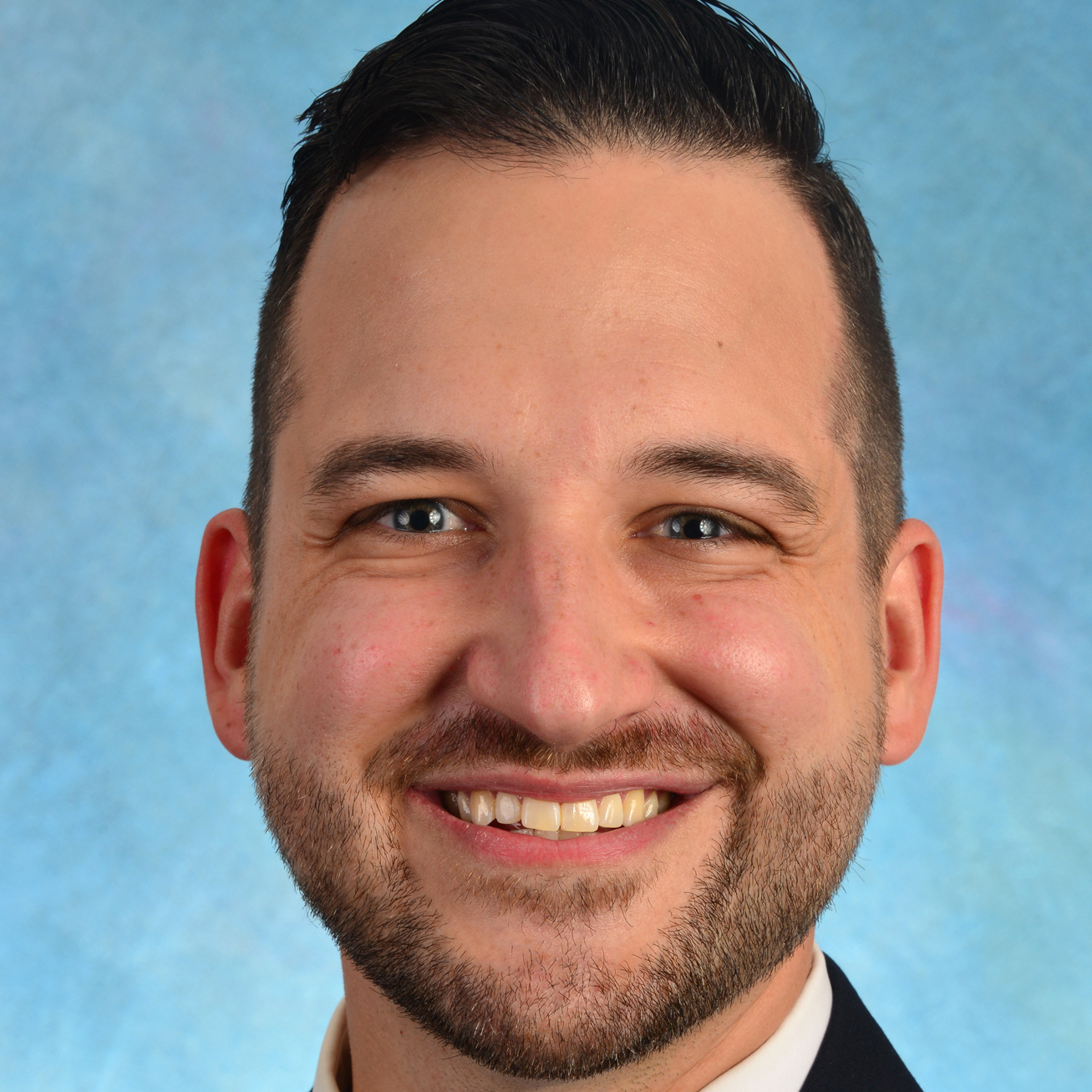For your professional ethics edification in October

Once a month the ACPE Professional Ethics Commission (PEC) posts a couple of statements from our Code of Professional Ethics for ACPE Members. Each posting is accompanied by a brief personal reflection from a member of the PEC discussing some ways this person lives these commitments*. October’s statements are:
In conducting business matters, ACPE members:
a. Carry out administrative responsibilities in a timely and professional manner.
b. Implement sound fiscal practices, maintain accurate financial records, and protect the integrity of funds entrusted to their care.
For October, Stuart Harrell, ACPE Certified Educator at UNC Hospitals in Hillsborough, North Carolina, comments:
There is too much to keep track of these days. Maybe the pandemic is getting to me. Going through the rigmarole of keeping track of statistics, making reports, carefully crafting and tracking budgets, and ensuring forms are filled isn’t why I entered this field. I entered to connect with students in a meaningful way, help them learn and grow, and ensure the best possible spiritual care for those whose lives our students (and we) touch.
Both things are true: too much “administrivia” creates barriers to learning and teaching, and neglecting our administrative responsibilities leaves our centers, students, and educators vulnerable to harm. Fair and adequate administration is important in the ethical conduct of our programs.
Lately, at my center, we’ve been taking a careful look at our admissions and onboarding process. It is complex, and necessarily involves our human resources partners, department director, our department’s executive assistant, occupational health, a student’s educator, and the student. Our discussions have focused on barriers to admission from a process standpoint, and I’ve been heartened by the way things like ability, race, geographic location, economic power have come into our discussion.
How, we are asking, might we create a more just and equitable process that prepares students for the work ahead? How do we honor the work students are doing among us, and provide the necessary funding so that it may continue? How might we address challenges like pay equity and living wages in this challenging economic environment?
Addressing these questions is an ethically vital part of our work, which calls us to think about how our own units of CPE have prepared us for the more administrative parts of our work. As an organization that values diversity and inclusion, we know something about ways that our business practices can limit or enhance access to CPE. As an organization that values integrity, we know what it means to trust and be trusted. As an organization that values curiosity, we know about asking the tough questions of our administrative practices and using them as a springboard into a more equitable future. As an organization that values process, we know something about making administrative processes fairer and more ethical. And as an organization that is committed to service, we have the opportunity to consider how our financial and administrative practices enable us to serve our students and ourselves.
*Every situation is unique, and any member should not act based solely on the comments in the article but to base action on an independent review of the ethical standards applicable to his/her situation.
